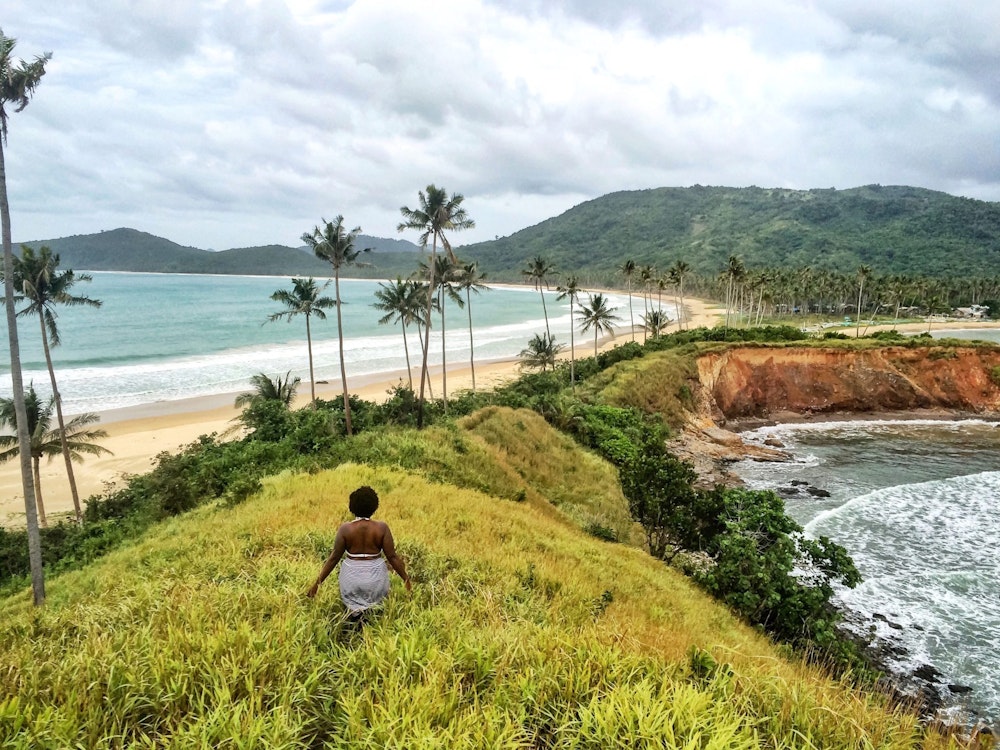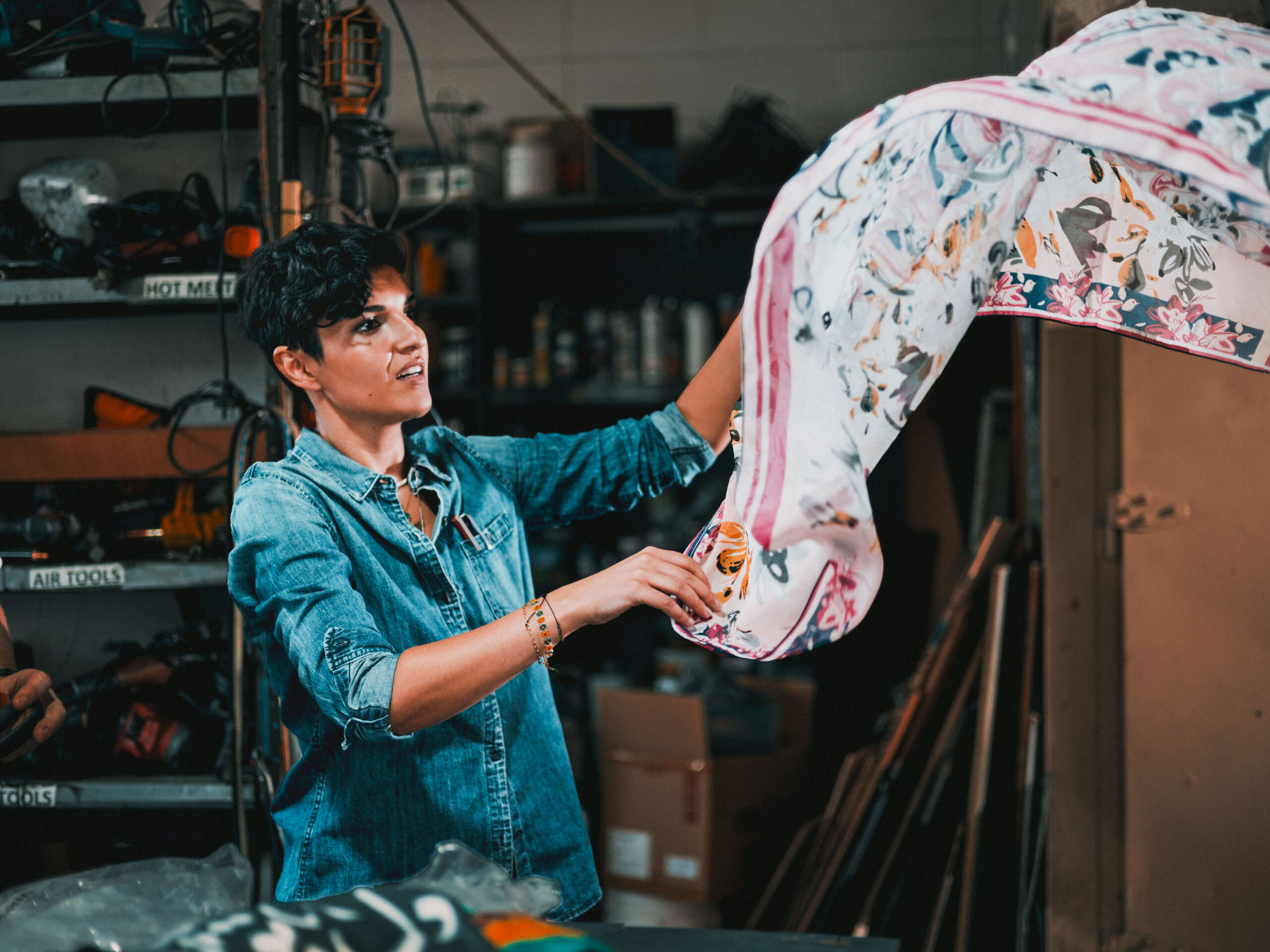
August 26, 2013
Connecting With The Other

“I arrived in Toulon at the age of 29 with my seven year old daughter”
“I was born in Burkina Faso but came to France when I was four following a coup d’etat”
“My ancestors were the Siharaba in the region of of Lake Alaotra in the rice growing region of Madagascar”
“I come originally from Kurdistan, in the town of Silopi, at the heart of the fertile region between the Tigris and the Euphrates”
A hand, a map, a story. Thirty unknown people, of diverse nationalities and backgrounds, have left their native land: Algeria, Vietnam, Senegal, Russia, Argentina, Salvador, Armenia, Iraq.
In each of the 30 photographs, made by Céline Boyer, a cartographic fragment of their country of origin is projected onto the subject’s own hand: Cities, seas, rivers, roads and borders are glimpsed.
These images are accompanied by short texts. The hands’ owners share their memories, hopes, and fears. They speak of ancestors, roots and culture, of unfinished personal journeys.
By connecting the uniqueness of a person, and a place, each subject engages our attention without becoming an object of ethnographic curiosity. The Other becomes a person.

Empreintes, by Céline Boyer, published by Parenthèses. (It’s in French, but someone should publish it in English).
Observed
View all
Observed
By John Thackara
Related Posts

Business
Courtney L. McCluney, PhD|Essays
Rest as reparations: reimagining how we invest in Black women entrepreneurs

Design Impact
Seher Anand|Essays
Food branding without borders: chai, culture, and the politics of packaging

Graphic Design
Sarah Gephart|Essays
A new alphabet for a shared lived experience

Arts + Culture
Nila Rezaei|Essays
“Dear mother, I made us a seat”: a Mother’s Day tribute to the women of Iran
Recent Posts
Minefields and maternity leave: why I fight a system that shuts out women and caregivers Candace Parker & Michael C. Bush on Purpose, Leadership and Meeting the MomentCourtney L. McCluney, PhD|Essays
Rest as reparations: reimagining how we invest in Black women entrepreneurs Food branding without borders: chai, culture, and the politics of packagingRelated Posts

Business
Courtney L. McCluney, PhD|Essays
Rest as reparations: reimagining how we invest in Black women entrepreneurs

Design Impact
Seher Anand|Essays
Food branding without borders: chai, culture, and the politics of packaging

Graphic Design
Sarah Gephart|Essays
A new alphabet for a shared lived experience

Arts + Culture
Nila Rezaei|Essays
